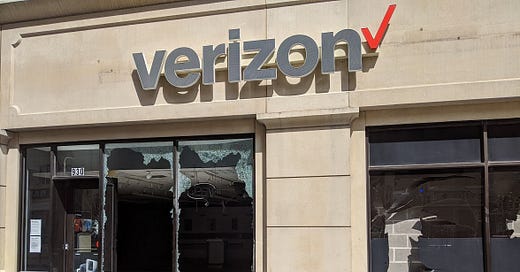COVID-19 has claimed the lives of 120,000 Americans (probably an underestimate) since it arrived in the US in January. The murder of George Floyd by a cop last month sparked protests against racial injustice, along with riots, across the world. More than 40 million Americans are unemployed as the country enters the worst economic downturn since the Great Depression. Clashes between the Indian and Chinese Armies lead to 20 Indian deaths. All of this has happened since the beginning of the year (7 months). Events are only accelerating accelerating.
I am a lover of history as you probably know if you read my posts. My reading of history did not prepare me to live through it. The linear narratives that historians apply in their accounts hide the uncertainty and contingency of “events” (what constitutes an event?) as they unfold. Writing history is disconnected from the experiences of those on the ground. We take accounts the past from whatever sources we can find and repackage them to fit a narrative of what we think happened. Often, these accounts reflect the anxieties of the time as much as they do the past.
These “objective” accounts don’t capture the perspective of individuals as they lived through history. Microhistories try to fill this gap but I think many of them fall short. What I know is that any account of what happened in the Year 2020 will miss out on the quality of experiencing it. It is simply not possible to capture everything that happens through time. The world is far too complex for any sort of naive record keeping to occur. We naturally select for events that fit our view of the world and shapes how we approach the present and the past. Social media only amplifies this tendency.
Traditional history fails in capturing the individual experience clearly, but what about biography. I think it also fails in this regard. You can try to understand how the individual you are reading about understood the events going on during his or her lifetime, but there is no way to capture the quality of it on pen and paper. Do I dare mention legibility? Each individual has a unique perspective of the world, and no amount of reading will prepare you to understand events as they unfold. You have to actually experience history to get a feel for it.
While I wasn’t prepared to understand what it felt like to live through events as they unfold, my reading of history certainly gives me an expanded view of the adjacent possible of potential futures. We cannot assume that the trends we have observed in the past will naively continue forward into the future. Collapse comes for every civilization and most never know what hit them. When radical breaks with the past occurs, it happens non-linearly. The state of the world a month ago may no longer be relevant as conditions change. The line does not always go up!



